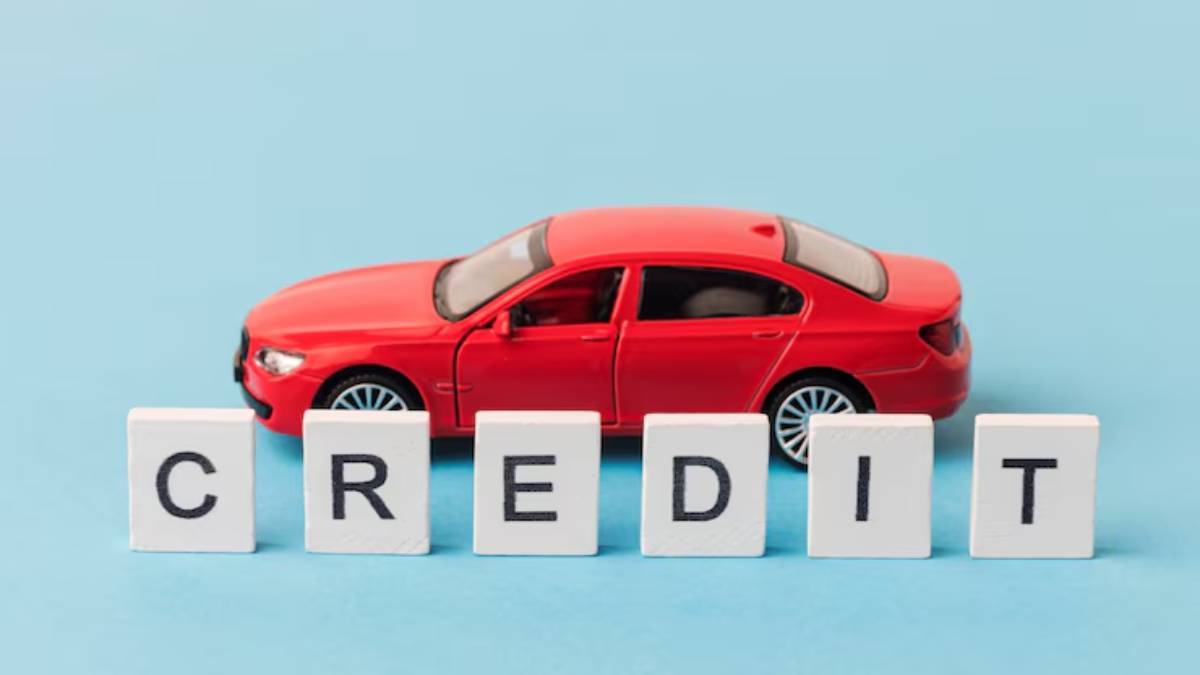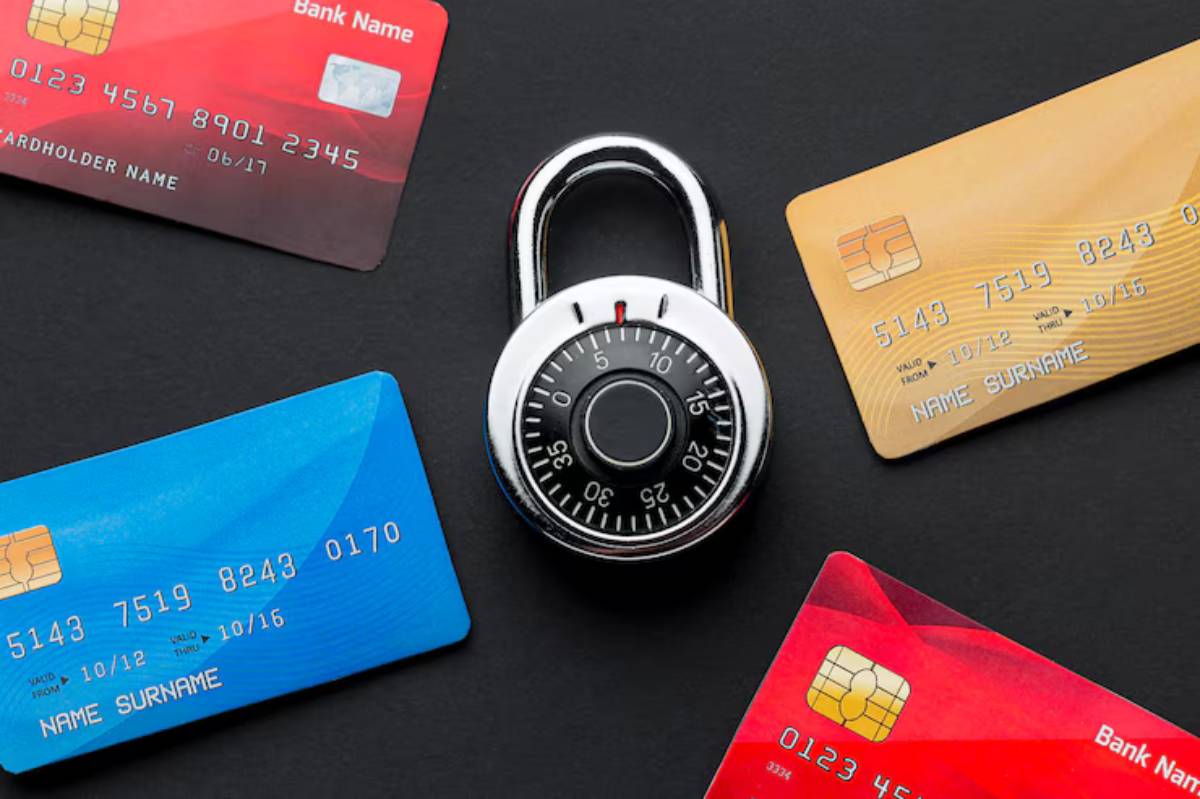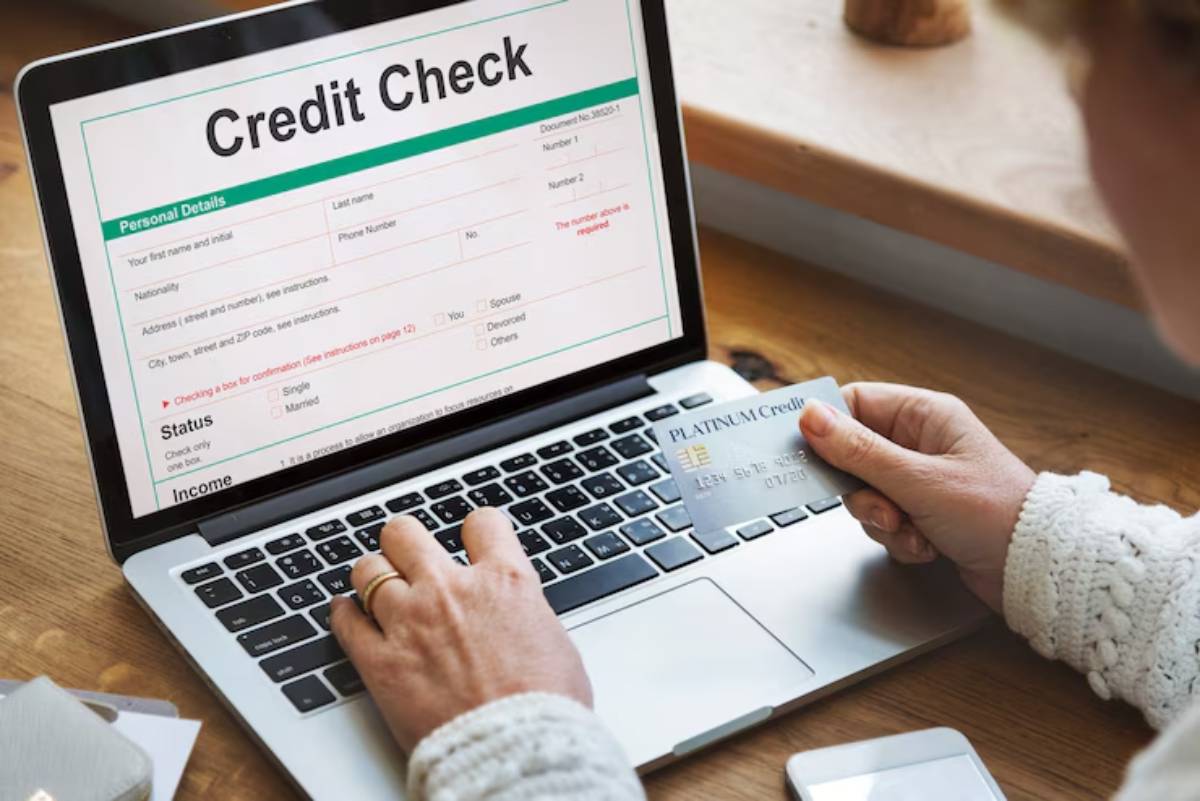
Steps to Build Credit with No History
If you’re just starting out, you might find credit confusing. You haven’t borrowed money before, so you have no credit history. That can make it hard to get approved for loans, credit cards, or even rent.
But here’s the good news: you can build credit from scratch. And it’s easier than you might think.
In this guide, you’ll learn exactly how to start building credit, even if you’ve never used it before. These practical credit tips will help you set a strong foundation for your financial future.
What Is Credit History?
Your credit history is a record of how you’ve used credit in the past. It includes:
- Credit cards
- Loans (like car finance or student loans)
- Payment history
- Account balances
- Credit limits
Lenders use this history to decide if they should lend to you — and at what rate. No history means they don’t know what to expect, so they may see you as a risk.
Why It’s Important to Build Credit Early
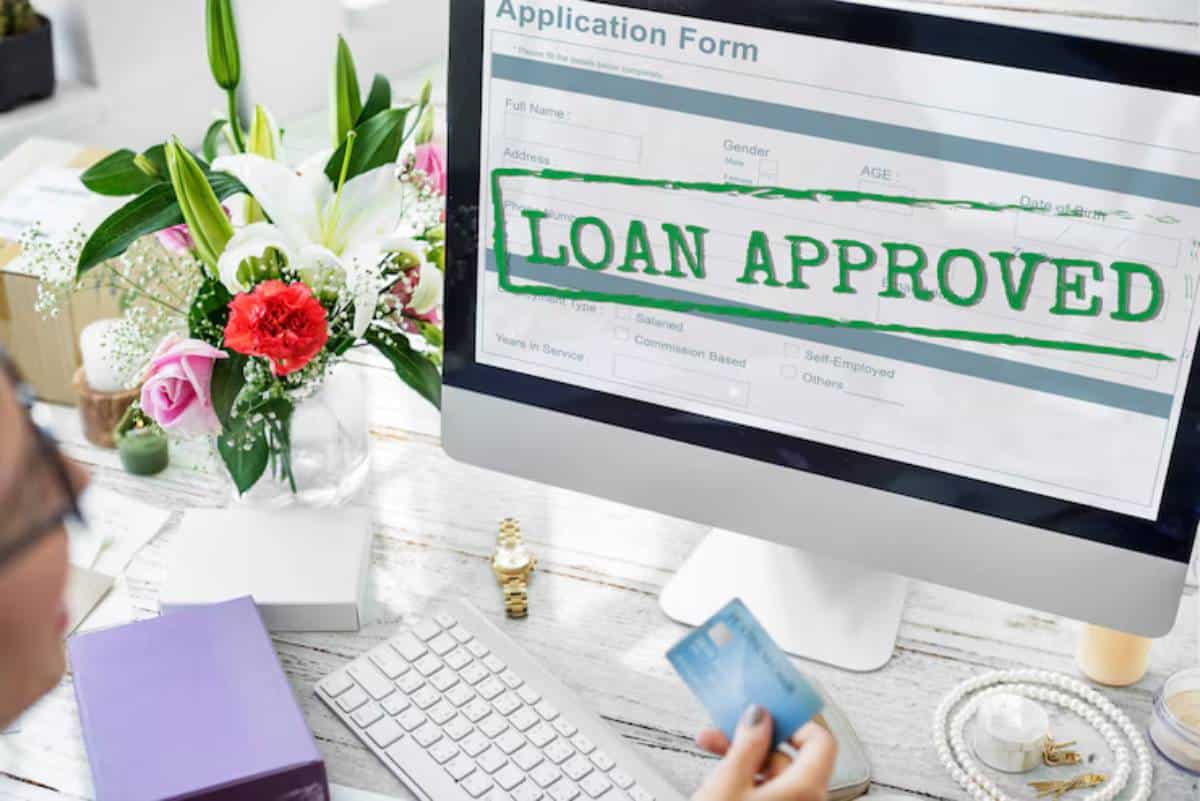
A strong credit history can help you:
- Get approved for loans and credit cards
- Secure lower interest rates
- Rent a flat or sign up for utilities
- Qualify for a mortgage
- Save money over time
The earlier you start, the better. Lenders like to see long-standing accounts and a proven record of smart borrowing.
Learn more in Credit Builder Loans: What You Need to Know.
Start Building Credit with No History
Let’s look at real steps you can take today to build credit from the ground up.
1. Open a Secured Credit Card
A secured card is designed for people with no credit history. You pay a deposit (usually equal to your credit limit), and use the card just like a normal one.
- Use it for small purchases
- Pay the balance in full each month
- Keep the balance below 30% of the limit
Over time, your activity is reported to the credit bureaus — and your credit starts to grow.
2. Become an Authorised User
Ask a family member or close friend with good credit to add you to their card. You don’t need to use the card — just being listed can help.
- Their payment history shows up on your credit report
- You get a head start on building a positive record
- Make sure they pay their bills on time — it affects your score too
Not every card offers this feature, so check with the bank first.
3. Apply for a Credit-Builder Loan
Some credit unions or online lenders offer small loans meant to build credit.
- You don’t get the money up front
- Instead, you make monthly payments into a savings account
- Once it’s paid off, you get the money, and your payment history is reported
This option is great if you want to build savings and credit at the same time.
4. Use Rent and Utility Reporting Services
Usually, paying rent or bills doesn’t help your credit. But with the right services, it can.
- Tools like Experian Boost or CreditLadder (UK) let you report on-time payments
- Some landlords work with these services too
- This turns everyday spending into credit-building opportunities
Make sure the service reports to all major bureaus for the best results.
5. Set Up Automatic Payments
Missed payments hurt your score — even one can stay on your report for years.
If you’re forgetful, set up auto-pay for:
- Credit cards
- Loans
- Bills reported to credit agencies
This simple habit keeps your score safe and shows lenders you’re reliable.
6. Use Only What You Need
When you start using credit, it’s tempting to spend more. But keeping your balance low is key.
- Try to use less than 30% of your credit limit
- The lower, the better — ideally under 10%
- Pay off your card in full every month to avoid interest
7. Check Your Credit Report
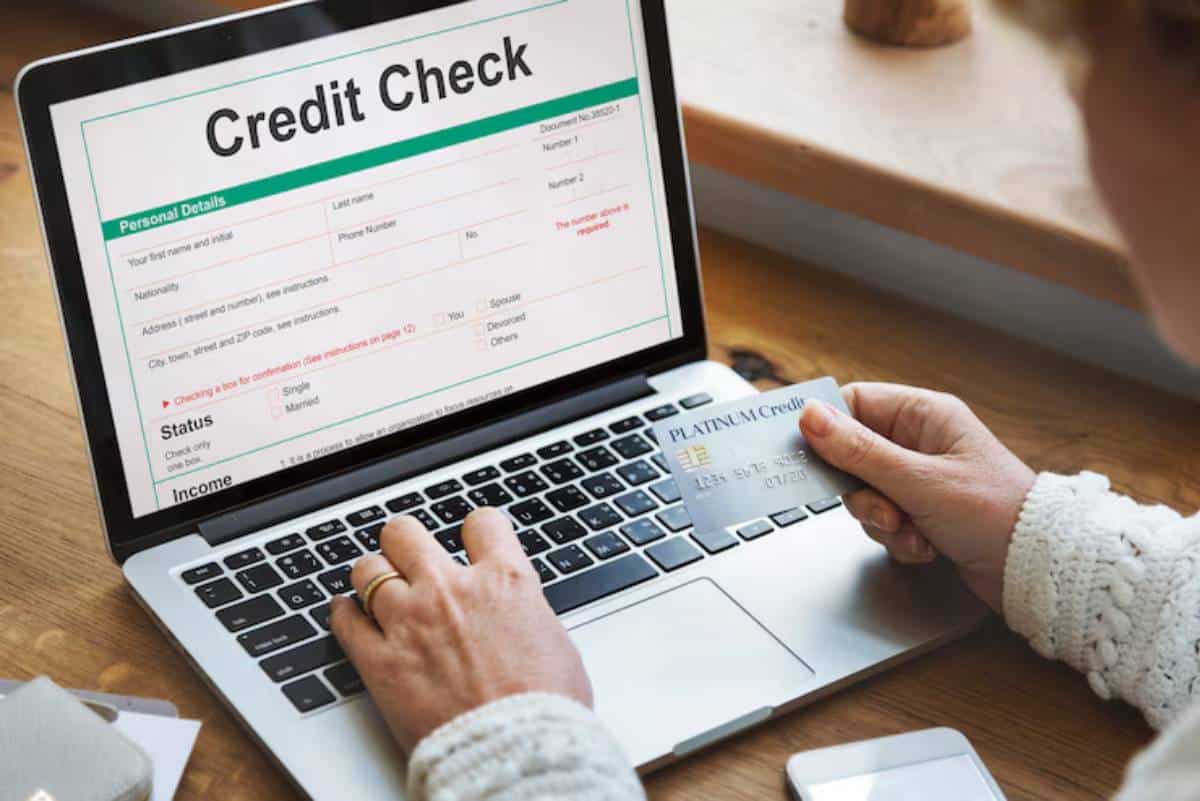
Once you start building credit, you can track your progress.
In the UK, check your report with:
- ClearScore (Equifax)
- Credit Karma (TransUnion)
- Experian
In the US, use:
- AnnualCreditReport.com
- Credit Karma
- Credit Sesame
Look for errors, check your score, and make sure your payments are showing up.
Common Credit Mistakes to Avoid
Starting fresh is exciting — but avoid these traps:
Applying for Too Many Cards
Each application creates a hard check, which can lower your score.
Missing a Payment
Late payments can stay on your report for six years.
Maxing Out Your Card
High balances make you look risky. Keep it under 30% of the limit.
Ignoring Your Score
Check your report regularly. Look for fraud, errors, or areas to improve.
How Long Does It Take to Build Credit?
You’ll start seeing results in as little as three to six months. But real progress takes time.
Here’s a basic timeline:
- 0–3 months: Open your first account
- 3–6 months: Start getting a score
- 6–12 months: Build a history of on-time payments
- 1–2 years: Qualify for better cards or small loans
- 3+ years: Enjoy stronger credit, better rates, and more financial freedom
What Lenders Look For
Even with no credit history, lenders look for signs you’re ready:
- Steady income
- Low debt-to-income ratio
- On-time payment history (even with rent or phone bills)
- Responsible use of small credit lines
The more you show, the better your chances of approval.
Tools and Apps That Can Help
Here are some beginner-friendly tools to help you stay on track:
Credit Karma
Track your score and get tips — free in the US and UK
Experian App
Includes score tracking, tips, and Experian Boost to report bills
ClearScore
Weekly score updates and personalised credit insights (UK)
Emma or Money Dashboard
Helps you manage your budget, which supports better credit use
Kikoff or Self (US)
Credit-builder products for people starting from zero
Build Credit One Step at a Time
Starting with no credit history can feel like a challenge, but it’s also a great opportunity. You get to build smart habits from day one, avoid mistakes, and create a strong financial foundation.
Use these simple credit to take control. Start small. Stay consistent. And watch your credit grow.
